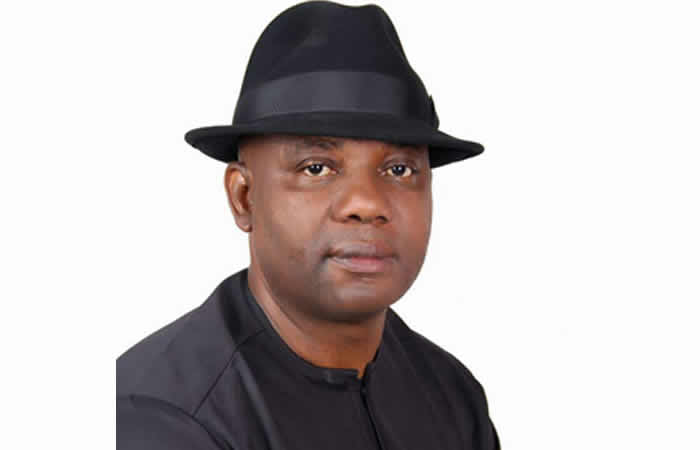The political landscape in Nigeria is rife with contentions over resource allocation and power dynamics, particularly concerning the presidency and the perceived imbalance between the North and the South. Former Kano State Governor and New Nigeria Peoples Party (NNPP) chieftain, Rabiu Musa Kwankwaso, recently ignited this debate by alleging that the current administration, led by President Bola Tinubu, a Southerner, unfairly favors the South in project distribution. He pointed to the poor state of road infrastructure in the North as evidence, juxtaposing it with what he described as concentrated development in the South. This accusation has been met with strong rebuttals, raising concerns about the use of regional sentiments for political maneuvering.
Yekini Nabena, a former Deputy National Publicity Secretary of the All Progressives Congress (APC), vehemently countered Kwankwaso’s claims, dismissing them as an attempt to incite Northerners against the Tinubu administration and the prospect of another Southern presidency in 2027. Nabena argued that Kwankwaso’s true intention was to leverage this perceived inequity for political gain, a tactic he believes has become increasingly ineffective as the electorate grows more discerning. He highlighted the irony of Kwankwaso’s complaint, given that the North held the presidency for the preceding eight years, implying that the responsibility for any underdevelopment during that period lies with Northern leadership.
Nabena challenged Kwankwaso to travel through the South-South region, President Tinubu’s home region, and compare its road infrastructure to that of the North. He questioned whether Kwankwaso believed the North was somehow inherently superior or inferior to the South, demanding to know what Northern resources were used to develop the South. He suggested that the former governor’s complaints were a veiled attempt to stoke ethnic and regional tensions for personal political gain.
The Presidency itself responded to Kwankwaso’s allegations by releasing a detailed list of projects, demonstrating that a larger proportion of funds has been allocated to projects in the North under the Tinubu administration than to those in the South. This data directly contradicts Kwankwaso’s claims and provides evidence of a more equitable distribution of resources. The clash between Kwankwaso’s accusations and the Presidency’s data underscores the complex interplay of politics and development in Nigeria.
Nabena further asserted that Kwankwaso’s strategy of using Kano votes as a political lever no longer holds sway. He emphasized that the era of playing religious or ethnic cards is waning, suggesting that the Nigerian electorate is increasingly resistant to such divisive tactics. He framed Kwankwaso’s actions as part of a broader pattern of politicians exploiting regional and religious sentiments for their own benefit, a pattern he believes is becoming increasingly transparent to the public.
The core of this debate lies in the delicate balance of power and resource allocation in Nigeria’s ethnically and religiously diverse landscape. The back-and-forth between Kwankwaso and Nabena highlights the tension between regional interests and national unity. Kwankwaso’s accusations, whether accurate or not, tap into historical grievances and anxieties about marginalization. Nabena’s response, supported by the Presidency’s data, attempts to debunk these claims and portray them as politically motivated. This exchange reflects the ongoing struggle to define the principles of fairness and equity in a nation grappling with complex regional disparities. Ultimately, the question remains whether development projects are being allocated based on genuine need or political expediency, a question with significant implications for Nigeria’s future.


